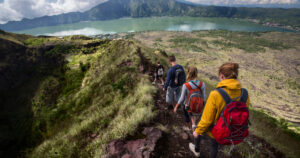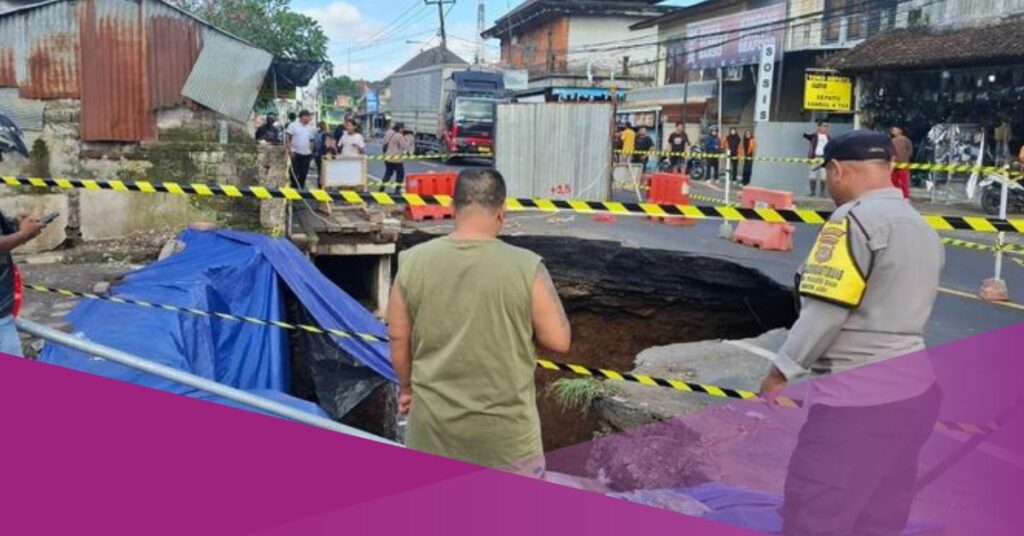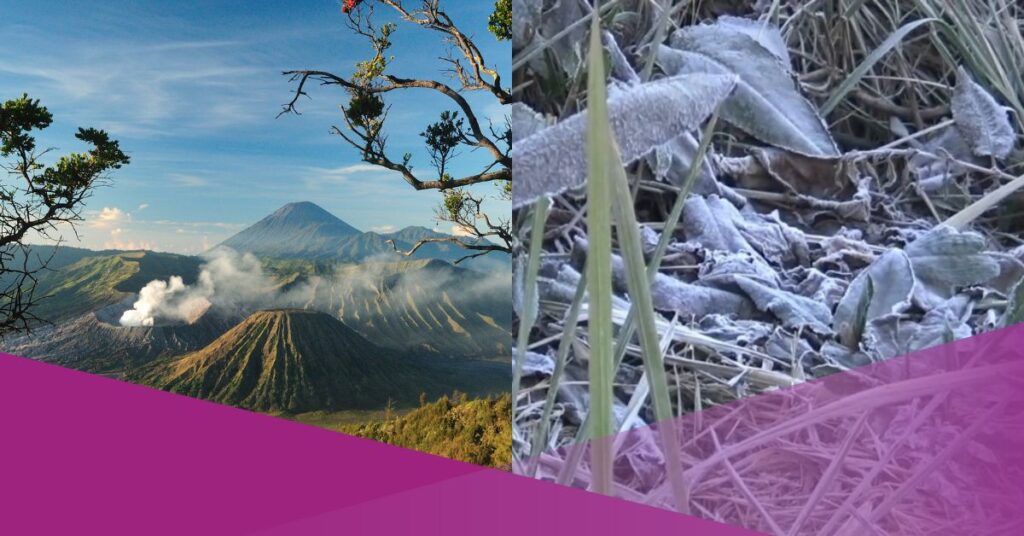Wayan Koster, the governor of Bali, has issued a significant policy declaration that would immediately ban all tourist activity on Bali’s mountains and volcanoes. Governor Koster has publicly banned all operations on Bali’s mountains and volcanoes in this seismic proclamation.
While the prohibition on activities will primarily affect visitors who seek to explore the highlands, it also prohibits domestic tourists and even locals from entering the mountains. Governor Koster disclosed the specifics of the prohibition in a message to the media from Karangsem Regency in East Bali, which is close to the island’s largest volcano, Mount Agung.
“This [ban] is in effect permanently, and local regulations will be issued to regulate everything,” Koster declared. The restriction applies to both foreign and local tourists.
Koster reaffirmed that only very few circumstances would permit even locals to set foot on mountains and volcanoes. According to Koster, no one is allowed to enter the mountains “unless there are religious ceremonies, disaster management, and special activities that are not for tourism activities.”

Numerous instances of foreign visitors violating the hallowed character of the island’s holy mountains led to the decision to enact a broad ban on all activities on all twenty-two mountains in Bali.
While mishaps that resulted in major tourist injuries or, in some unfortunate cases, deaths on the mountaintop also affected the decision to implement the ban, public displays of nudity have primarily been among them.
Governor Koster hinted at a potential ban on all operations on the mountain earlier this year in February. Still, it needed to be more obvious how much a restriction would affect tourism-related activities.
Governor Koster said in February that “we [have] drafted a regional regulation specifically to make the mountain a sacred area. Entry is no longer free, and riding a motorcycle to the summit of the mountain will no longer be allowed. The mountain does not serve as a tourist attraction in order to manage activity on the mountain.”
Observing that the laws would be developed by local authorities and the Sulinggih [High Priests] of Bali, Governor Koster pledged to see to it that they would be under traditional Balinese customary law and norms.
On the one hand, this statement is a significant triumph for Bali lovers, locals, and tourists worldwide who share the same desire to see the island’s holiest sites preserved and cherished.
On the other hand, the island’s tourism industry has been dealt a severe blow by the prohibition on all mountain-related activities, which affects both adventurous travellers and all the local communities and small companies that rely on mountain tourism for their livelihood.
Mountain guides around the island will suddenly be out of a job and need to reconsider their business methods. One of the most well-liked tourist day activities in Bali is the dawn hike and walk up Mount Batur.
There are alternative dawn viewing locations in Kintamani that may be more exciting for anyone who intends to take the beautiful daybreak climb to Mount Batur.
Interested in this topic? Check out our other articles from Social Expat:


































